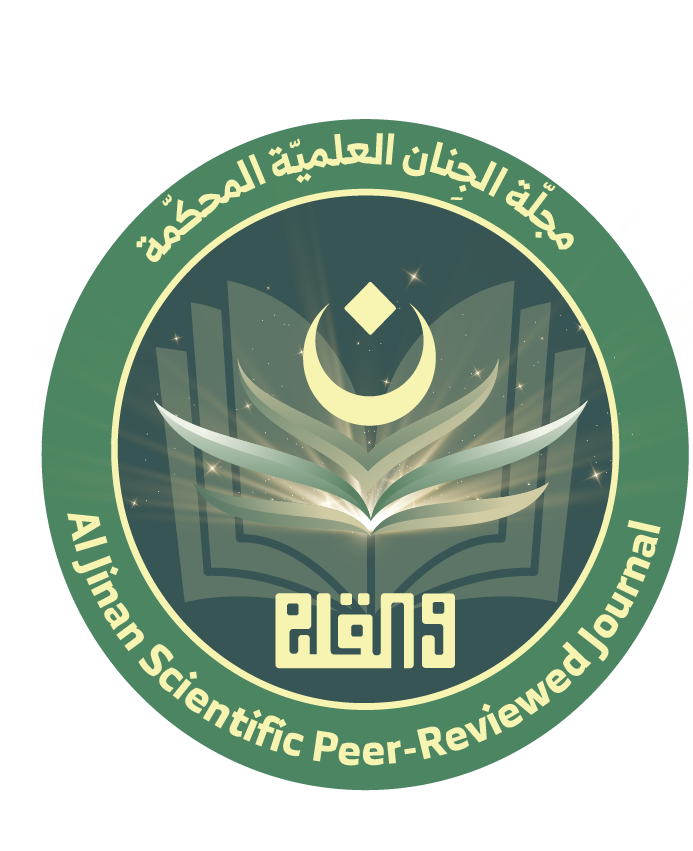Al Jinan الجنان

Abstract
Knowledge and Intelligence constitute the base for human cognition processes. Knowledge and Intelligence are also reciprocal since intelligent behavior requires good knowledge and good knowledge about a problem implies an intelligent behavior to solve it. Educational psychologists have thoroughly studied knowledge and intelligence concepts while discussing the teaching and learning paradigms. Knowledge was defined to be information in action or the set of skills, competencies, beliefs, and insights owned by an individual and exerted during problem solving process. Intelligence, on the other hand, is the process conditions affecting the problem solution, such as time, place, shape, suitability, appropriateness, reliability, and truthfulness. Intelligence is the general ability to learn, to acquire, and to use new knowledge. Little, if none, has been written on building a conceptual structure for knowledge concept with major, if not all, relational connections to the human intelligence concept. The primary objective behind the development of Knowledge-Intelligence taxonomy is to create an integrated educational environment that merges between learning theories and teaching theories and guide the teacher-students communication toward a teacher-student matching learning and teaching styles. The human cognition is a system of thinking having knowledge as input, memory, and intelligence as process tools, and intellectual capital as the primary output that represents the last stage of a three phased cognitive system: Knowledge-Intelligence-Intellectual Property.
Recommended Citation
Yakan, Ammar
(2011)
"Knowledge-Intelligence Integrative Taxonomy,"
Al Jinan الجنان: Vol. 1, Article 5.
Available at:
https://digitalcommons.aaru.edu.jo/aljinan/vol1/iss1/5

